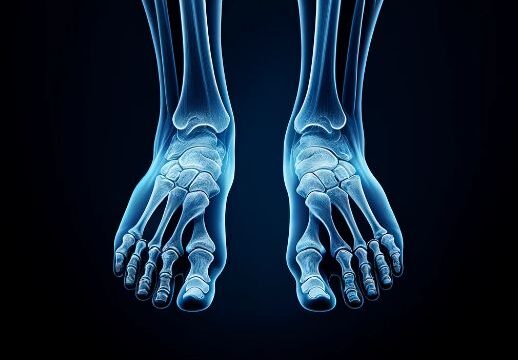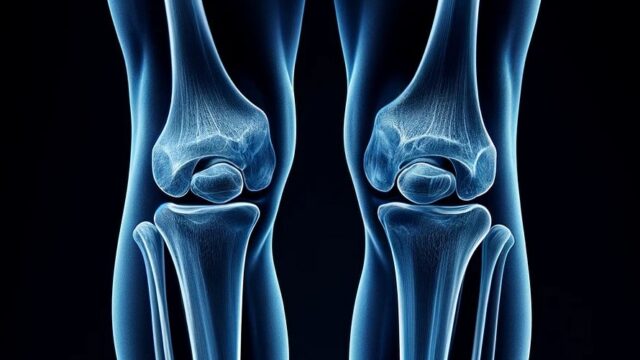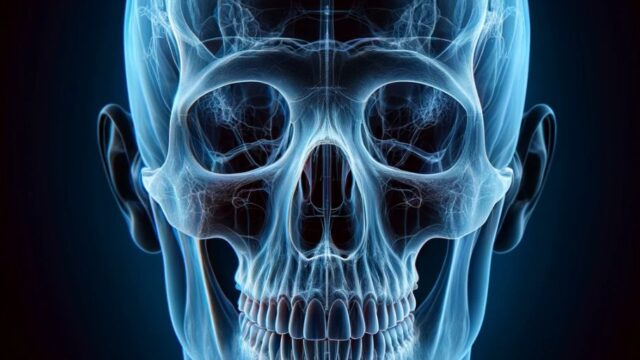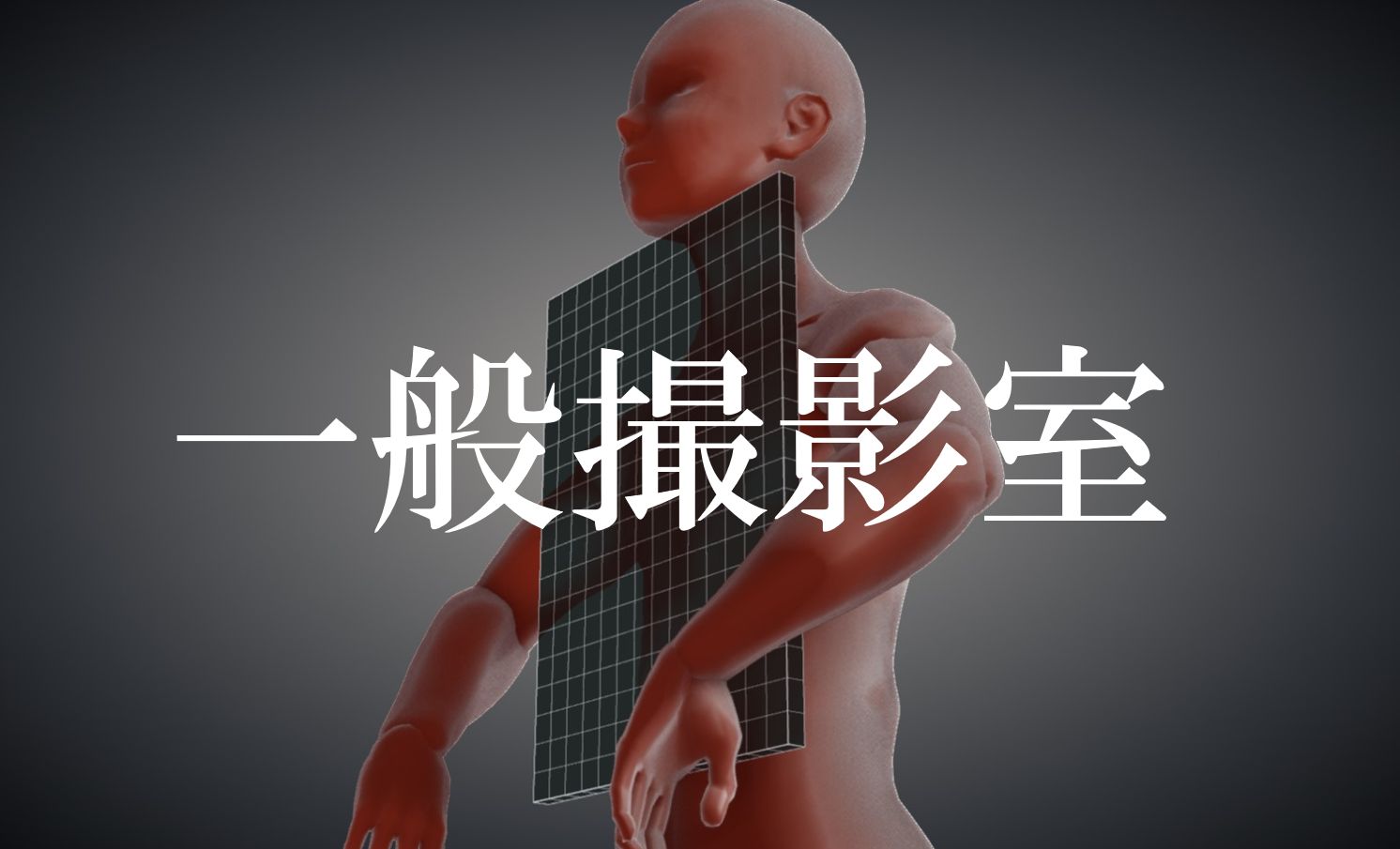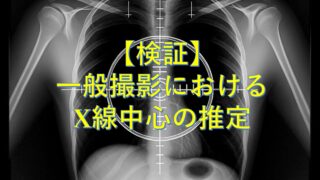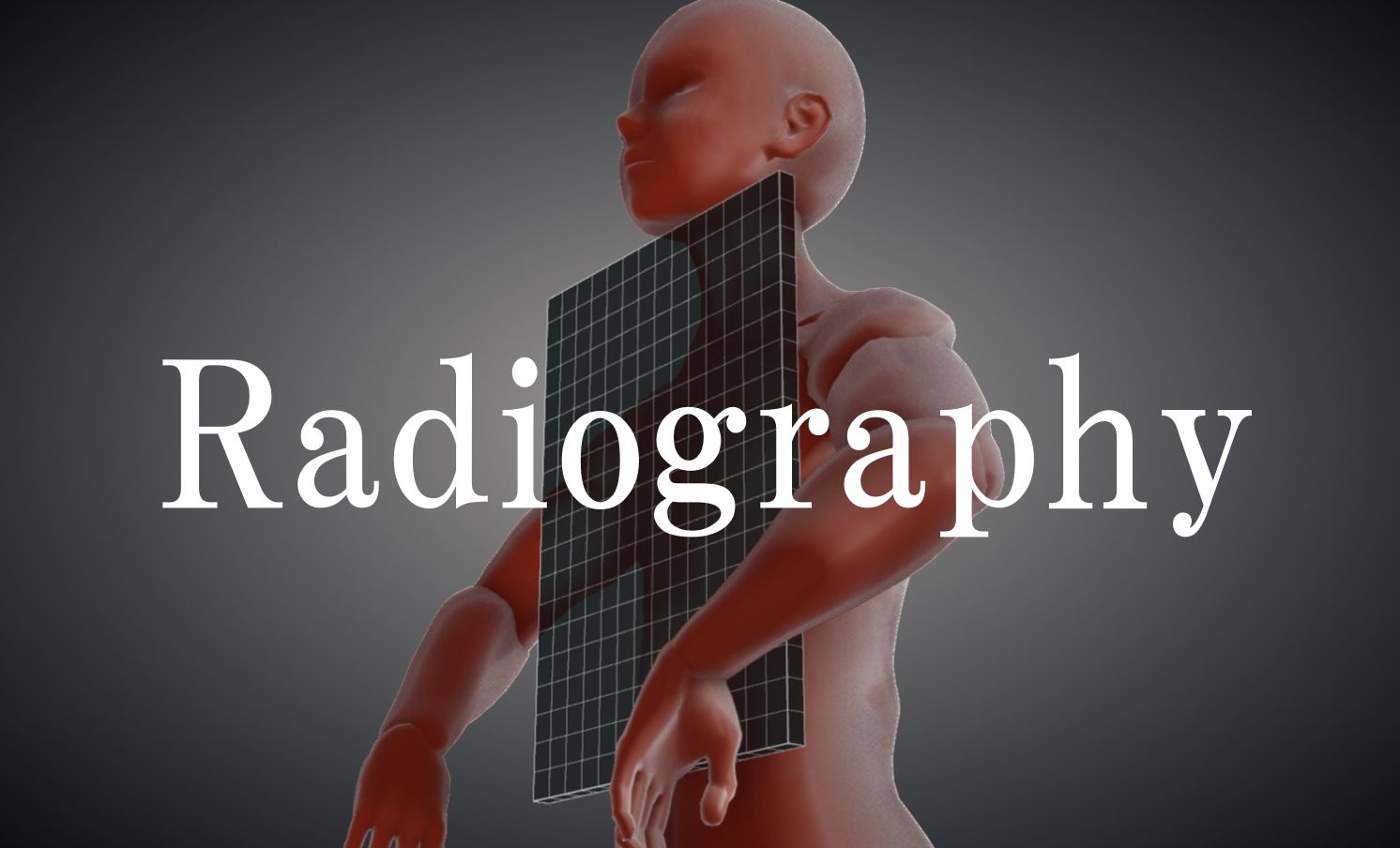Vertical incidence
Horizontal incidence
Horizontal incidence (Gravity stress test)
Vertical incidence
Purpose
Observe fractures, lesions, and joint space abnormalities.
Observations of the patellofemoral joint space and tibiofemoral joint.
Prior confirmation
Remove obstacles.
Whether the patella is fractured or not. If fractured, the knee joint should not be bent more than 10 degrees.
Positioning
Patient in lateral recumbent position, affected side down.
Flex the knee joint. (120-130°)
Bring the opposite lower leg forward.
Place a cushion under the ankle joint so that the tip of the patella and the outer edge of the fibula are at the same height.
The line connecting the medial and lateral femoral condyles is perpendicular to the film.
The patella should be perpendicular to the film.
CR,distance, field size
CR : Perpendicular incidence at the midpoint of the line connecting the lower patellar edge and the back of the knee.
Distance : 100cm
Field size : Including the distal 1/3 of the femur to the proximal 1/3 of the lower leg.
Exposure condition
55kV / 5mAs
Grid ( – )
Image, check-point
Normal (Radiopaedia)
Medial and lateral femoral condyles overlap (misalignment is within 7 mm).
If there is an anterior-posterior misalignment, external or internal rotation is inappropriate.
If the patient is displaced vertically, adduction or adbuction (oblique x-ray may be used) is inappropriate.
To correct the misalignment, it is necessary to distinguish between the medial and lateral femoral condyles.
The medial condyle is C-shaped and the lateral condyle is O-shaped.
The medial condyle is larger than the lateral condyle.
The lateral condyle has a Lateral Notch (video)
The medial condyle has an adductor tubercle.
Lateral condyle protrudes posteriorly more than medial condyle when fibula is separated from tibia
The femoro-patellar joint is widely observed.
Soft tissues and fat around the knee joint can be observed in addition to bony tissues and bony trabeculae.
Identify areas where avulsion fractures are likely to occur.
Videos
Related materials
Correction of displaced medial and lateral condyles
Horizontal incidence
Purpose
Even if the fracture line cannot be seen on AP and lateral view, the diagnosis of an intra-articular fracture can be made if fat-fluid leve is seen on a lateral view with horizontal X-ray beam.
Joint fluid is seen in fractures, endoprosthesis, infection, and arthritis.
Large amounts of fluid accumulation enlarge the suprapatellar bursa, causing pressure and loss of adjacent adipose tissue.
Prior confirmation
Removal of obstacles.
Presence of a fracture of the patella. If fractured, the knee joint should not be bent more than 10 degrees.
Positioning
Supine position.
Raise the examining leg upward and flex the knee joint to 120-130°.
The line connecting the medial and lateral femoral condyles should be perpendicular to the film.
The patella should be perpendicular to the film.
The line connecting the apex of the knee joint and the Lateral malleolus of the fibula is parallel to the film.
CR,distance, field size
CR : Perpendicular incidence at the midpoint of the line connecting the lower patellar edge and the back of the knee.
Distance : 100cm
Field size : The range includes the distal 1/3 of the femur to the proximal 1/3 of the lower leg, narrowing to the skin surface on the left and right sides.
Exposure condition
55kV / 5mAs
Grid ( – )
Image, check-point
Knee lipohemarthrosis (Radiopaedia)
Tibial plateau fracture (Radiopaedia)
Knee Joint Lateral Radiography (similar to the vertical incidence technique)
Videos
Related materials
Correction of displaced medial and lateral condyles
Horizontal incidence (Gravity stress test)
Purpose
To observe the posterior sagging of the lower leg due to gravity.
Evaluation of posterior cruciate ligament injury
Prior confirmation
Remove any obstacles.
Positioning
The position is the same as for knee lateral radiography (horizontal beam),
but the hip on the examination side is flexed at 45° or 90°, and the knee is flexed at 90°.
CR,distance, field size
CR : Directed horizontally at the midpoint between the knee apex and the posterior knee.
Distance : 100 cm
Field size : Including the proximal 1/3 of the femur to the proximal 1/3 of the tibia, and the skin surface.
Exposure condition
50kV / 5mAs
Grid ( – )
Image, check-point
Normal: https://ars.els-cdn.com/content/image/1-s2.0-S074980630025994X-gr1b.jpg
Similar to the knee lateral projection with vertical beam.
When imaging both knees, ensure they are symmetrically projected.
Videos
Related materials























